





Bronkholitin
Application instruction:
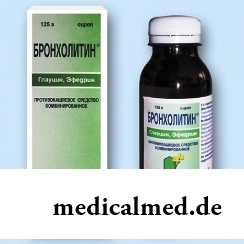 Bronkholitin – the combined drug with antibechic and bronkhodilatiruyushchy action.
Bronkholitin – the combined drug with antibechic and bronkhodilatiruyushchy action.
Form of release and structure
Bronkholitin is issued in the form of syrup (viscous liquid from light yellow till flavovirent color, having a specific smell of basilic oil), on 125 g in dark glass or polietilentereftalatny bottles, in a set the measured spoon or a glass is applied.
In 5 g of syrup active agents contain:
- 5 mg hydrobromide of a glautsin;
- 4 mg ephedrine hydrochloride.
The auxiliary components which are a part of drug:
- Basil oil;
- Citric acid anhydrous;
- Sucrose;
- Ethanol of 96% (1,7 about. %);
- Propilparagidroksibenzoat (нипазол);
- Polysorbate 80;
- Metilparagidroksibenzoat (нипагин);
- The water purified.
Indications to use
Bronkholitin appoint as a part of complex treatment of various respiratory diseases which are followed by dry cough including:
- Acute inflammatory diseases of upper respiratory tracts;
- Tracheobronchitis;
- Chronic and acute bronchitis;
- Bronchial asthma;
- Chronic obstructive pulmonary disease;
- Bronchoectatic disease;
- Pneumonia;
- Whooping cough.
Contraindications
Bronkholitin's use is contraindicated at:
- Arterial hypertension;
- To pheochromocytoma;
- Coronary heart disease;
- Heart failure;
- Heavy organic heart troubles;
- To sleeplessness;
- Thyrotoxicosis;
- Prostate hyperplasia with clinical manifestations;
- To closed-angle glaucoma;
- Hypersensitivity to drug components.
Also syrup is not appointed:
- To children 3 years are younger;
- To women during the I trimester of pregnancy and in the period of a lactation.
Bronkholitin the patients having tendency to development of medicinal dependence should take with caution.
Because of the syrup of ethanol which is a part are recommended to be careful at its appointment children, pregnant women, patients with epilepsy, diseases of a liver and brain, an alcoholism.
Route of administration and dosage
Bronkholitin accept inside. Usually appoint:
- Children are 3-10 years old – on 5 ml 3 times a day;
- To children 10 years – on 10 ml 3 times a day are more senior;
- The adult – on 10 ml 3-4 times a day.
Side effects
At Bronkholitin's reception development of disturbances from outside is possible:
- Cardiovascular system: premature ventricular contraction, tachycardia, increase in arterial pressure;
- Alimentary system: vomiting, nausea, lock, anorexia;
- Central nervous system: excitement, a tremor, dizziness, sleeplessness, at children is possible drowsiness development;
- Urinary system: an ischuria at patients with a prostate hyperplasia, difficulty of an urination;
- Endocrine system: dysmenorrhea, increase in a libido;
- Sense bodys: vision disorder.
Also during therapy there can be a tachyphylaxis and dermatological reactions in the form of rash and strengthening of sweating.
At Bronkholitin's overdose such symptoms as vomiting, nausea, excitement, appetite loss, difficulty of an urination, a tremor of extremities, blood circulation disturbance, perspiration and dizziness can develop. In this case carry out a gastric lavage and appoint a symptomatic treatment.
Special instructions
At Bronkholitin's use it is necessary to consider that in 5 ml of syrup (1 measured spoon or 1 glass) about 0,069 g of ethanol of 96% (1,7 contain about. %).
Because of risk of development of vision disorders and dizziness it is recommended to be careful during execution of the works requiring special attention and speed of psychomotor reactions including driving of the car and work with mechanisms.
Analogs
Bronkholitin's analogs on the mechanism of action are: Bronkhotsin, Bronkhoton, Bronkholin sage, Kodipront, Tedein, Tussin plus, Terkodin, Alex Plus, Glikodin.
Terms and storage conditions
To store in the place, unavailable to children, at a temperature up to 25 °C. Drug cannot be frozen.
Period of validity – 4 years. After opening of a bottle drug can be used within 30 days.
Caries is the most widespread infectious disease in the world to which even flu cannot compete.

Cold, puffiness of a nose, itch, the watering eyes - characteristic symptoms of the allergic rhinitis resulting from hit and...
Section: Articles about health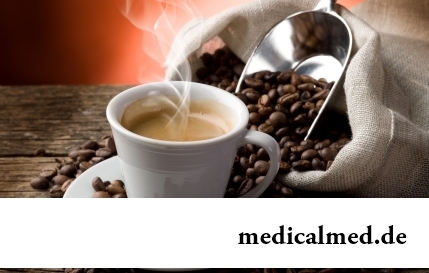
The dietology, as well as other sciences, does not stand still. Food stuffs are exposed to comprehensive study, and scientists obtain new information on their properties and influence on a human body. Unfortunately, this reasonable and natural process from time to time д...
Section: Articles about health
Popular joke that there are no healthy people, and is nedoobsledovanny, most of us considers an honest truth, continually it is necessary to hear that all of us are sick hardly from a school bench. It is hard to say whether so it actually because too often people are treated for nonexistent diseases, and sometimes call a disease what is something another. Sometimes in it the doctors of old school making diagnoses which are cancelled long ago – medicine still unless are guilty...
Section: Articles about health
It would seem, to buy drugs in Moscow does not make a problem – a drugstore, and not one, is available for each resident of the capital in step a toast...
Section: Articles about health
It is possible to find the extensive range of fruit and vegetables in modern shops. Russians already got used that on counters there is not only a seasonal domestic production, but the vegetables and fruit which are grown up in the countries with more comfortable conditions at all seasons of the year...
Section: Articles about health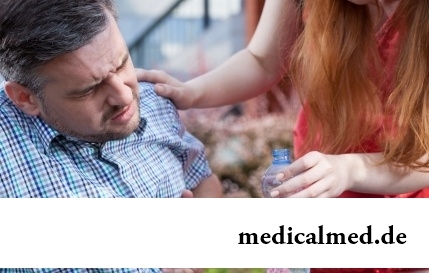
Each of us faces from time to time that other people need the immediate help. We react to it differently: one at once call doctors and police, others rush to victims and try to save them independently. Some pass by at all … Certainly, desire to help the neighbor who got into trouble, quite naturally for any decent person. However not everyone understands that to work in a similar situation, being guided by exclusively good...
Section: Articles about health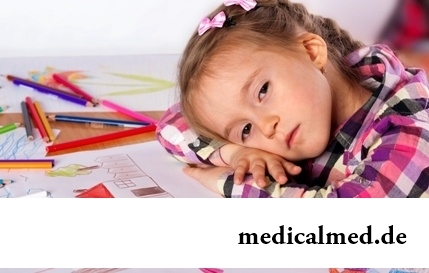
The immunity role in growth of the child is invaluable. The proteins-immunoglobulins produced by immune system preserve the child against diseases...
Section: Articles about health
The metabolism at each person proceeds in own way. However between the speed of this process and disposal of excess weight after all all have a dependence. Unfortunately, the people inclined to try on itself numerous "miracle" diets, not always at...
Section: Articles about health
Doctors claim that the people not so familiar with a dorsodynia occur among adult Russians very seldom. At the same time the vast majority of the patients who are periodically testing this indisposition do not hurry to ask for medical care at all. On the one hand, there is an opinion that feelings of this sort at mature age are nearly natural phenomenon which is not doing serious harm to health. With another – practice of self-treatment various obezbol is eurysynusic...
Section: Articles about health
One of the major chemical processes happening in a human body are oxidation reactions. They go with participation of fats...
Section: Articles about health
On health of the person physicians know about salutary action of animals long ago. About 7 thousand years ago great Hippocrates recommended to the patients riding walks for strengthening of a nervous system and increase in vitality....
Section: Articles about health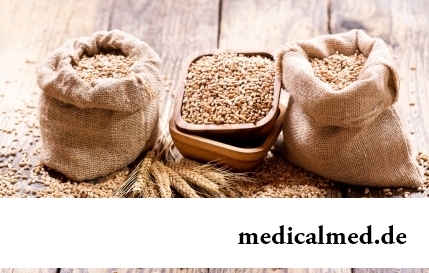
The concept "gluten" (differently, a gluten) combines group of the proteins which are a part of rye, barley and wheat. For most of people the use of the food stuffs containing a gluten not only is safe, but also it is very useful. Nevertheless, there is a number of myths about negative effect which allegedly gluten has on health of the person....
Section: Articles about health
Aspirin (acetylsalicylic acid) – one of those drugs which are known literally to all. It is available in each home first-aid kit...
Section: Articles about health
Subfebrile temperature call fervescence to 38 degrees, and subfebrile condition - existence of such temperature over 3 days, and quite often it happens without the visible reasons. Existence of subfebrile condition - a strong indication of disturbances in an organism which can...
Section: Articles about health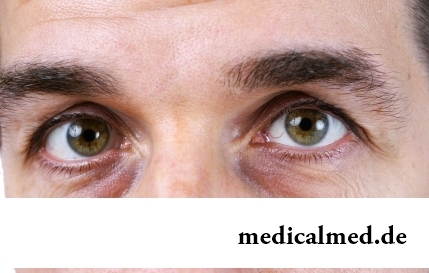
Zone hypostases under eyes - very widespread problem giving to people is a lot of inconvenience. Hypodermic fabric in these parts has very loose structure and almost does not contain collagenic fibers. Besides, the skin covering подглазья constantly is exposed to compression and stretching when the person blinks, blinks, etc. These features also create premises for emergence of the so-called bags which are giving to the face a tired and sickly look, and also visually adding increased...
Section: Articles about health
Herpes simplex of the first type (the infectious disease which is shown periodic bubble rashes on is called...
Section: Articles about health
There is a lot of fans of beer in our country. Statistically, on each average Russian (including women and children) in a year about 60 liters of this drink are consumed. It is not a lot of, as in the Czech Republic or Germany, but figure all the same impressive. Radova...
Section: Articles about health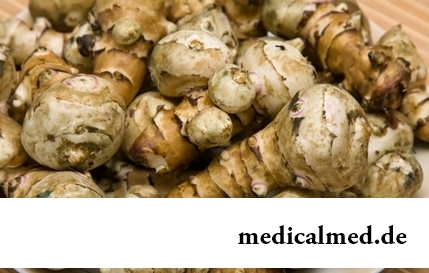
At this plant there are a lot of names: tuberiferous sunflower, Jerusalem artichoke, solar root, earth pear. Contrary to popular belief, it is not an exotic plant at all. The wild girasol grows in a midland of Russia practically everywhere: at the edges of roads, to slopes of ravines, on heathlands. Also several cultural versions different from wild plants are removed by larger and juicy root crops....
Section: Articles about health
Antibiotics - - it is possible to call the chemical compounds suppressing growth of bacteria the break in the field of medicine which allowed to save persons...
Section: Articles about health
The winter swimming in open reservoirs called in our country by "winter swimming" – officially recognized sport and one of the most extreme ways of a hardening of an organism. This occupation has an old story and adherents in many countries. Are annually carried out...
Section: Articles about health
Sugar - the digestible refined product which is not of special value for an organism of the modern person. The use of sugar in food is based rather on the psychological dependence caused by desire to indulge itself with something tasty, and further and the biological, caused need of an organism for glucose as a result of big emissions of insulin in blood. Such circulation of insulin and glucose with continuous increase in portions of sugar is rather offensive and can become the reason for a narusha...
Section: Articles about health
Life of the modern woman is very difficult. Opportunities to realize itself are wide: it not only education and career, but also most differently...
Section: Articles about health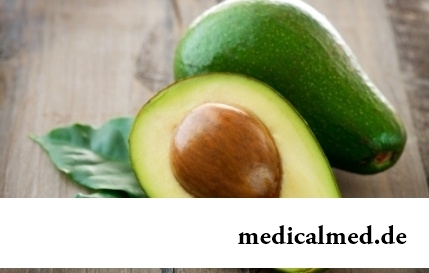
Life does not indulge the modern woman special emotional comfort and carelessness. The fatigue, troubles at work, misunderstanding in a family and various illnesses immediately affect a condition of hair and skin. And to look safe and attractive so хоч...
Section: Articles about health
Diseases of joints often begin imperceptibly for the person. The first stages of destruction of the cartilaginous tissue providing soft and free sliding of heads of bones in joint bags proceed slowly and absolutely without serious consequences. Especially unpleasantly for the fact that this process is not connected with advanced age: degradation of joint surfaces is, as a rule, noticeable after 30 years. It means that practically each able-bodied person at any time can face sad results...
Section: Articles about health
The number of long-livers is very small. One person from 5 thousand lives up to age of 90 years, and the centenary boundary steps only about...
Section: Articles about health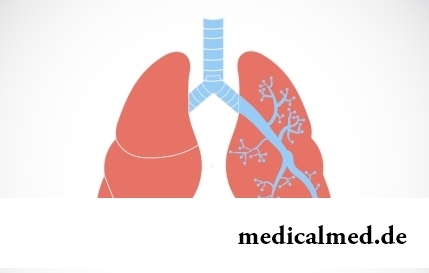
They say that to ensure health and longevity of people it is obliged. Really, at competent approach to these questions, minimization of an adverse effect of many factors does not represent a special problem. Practically everyone has an opportunity to play sports...
Section: Articles about health
About influence of fasting days on an organism it is told much – both about advantages, and about shortcomings. It is considered that fasting day in the form of a short-term monodiet is useful, promoting effective removal of slags from an organism whereas irregular, excessively long, spontaneous fasting days lead only to deterioration in health. How to derive benefit from the sparing diet and not to do much harm to itself? Let's consider the main advantages and shortcomings of fasting days and their influence on an org...
Section: Articles about health
